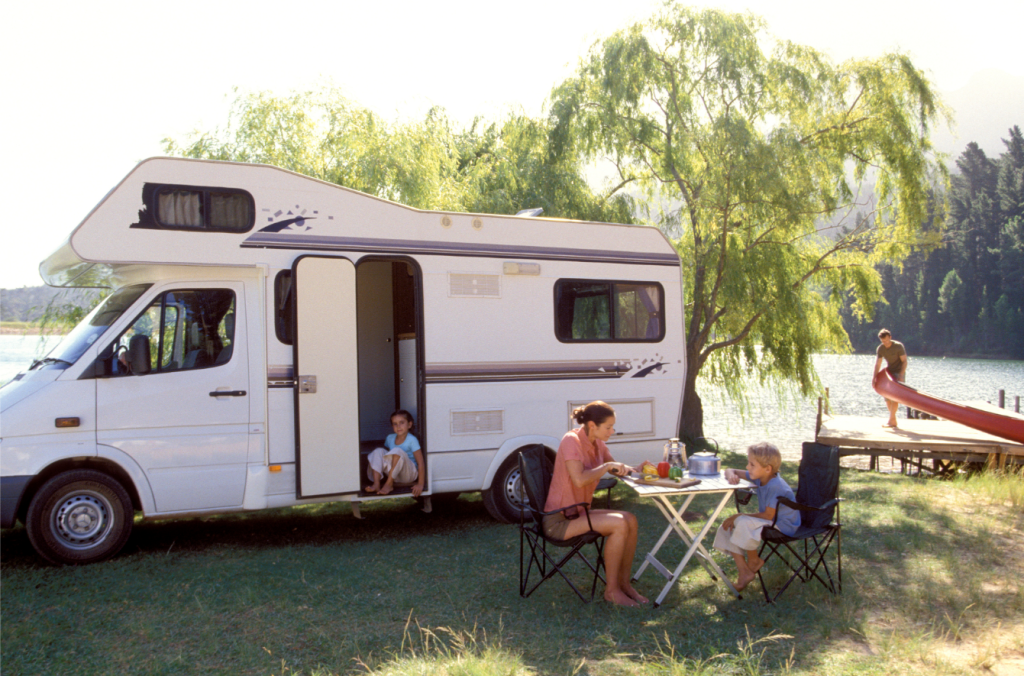
Are you considering purchasing an extended warranty for your RV? Before you decide, it’s important to understand the potential drawbacks.
This article will explore the flip side of protection and uncover the downsides of buying an extended warranty. From financial implications to coverage limitations and real-life complications, we’ll provide valuable insights to help you make an informed choice.
Don’t miss out on this essential information before you commit.
Understanding the Nature of Extended Warranties
Before purchasing one for your RV, you should understand the nature of extended warranties.
Extended warranties are service contracts that cover certain repairs and replacements beyond the manufacturer’s warranty. They can offer peace of mind and protection against unexpected expenses, but it’s important to evaluate the terms and conditions carefully.
One key aspect to consider is the cost. Extended warranties can be expensive, and you need to determine if the coverage justifies the price.
Additionally, you should know what’s covered and what’s not. Some warranties have limitations and exclusions that may disappoint you when making a claim.
Understanding the nature of extended warranties will help you make an informed decision about whether or not to purchase one for your RV.
The Financial Implications

Considering the financial implications of purchasing an extended warranty can help you assess if it’s a wise investment for your RV.
While an extended warranty may provide peace of mind by covering unexpected repairs, weighing the costs against the potential benefits is important.
Extended warranties can be expensive, often adding a significant amount to the overall cost of your RV. Additionally, many warranties come with a deductible, meaning you’ll still need to pay out-of-pocket for certain repairs.
It’s also crucial to carefully read the terms and conditions of the warranty, as some may have exclusions or limited coverage.
Furthermore, if you decide to sell your RV before the warranty expires, you may not be able to transfer the warranty to the new owner, potentially diminishing its value.
Ultimately, considering your budget and the likelihood of needing costly repairs can help you determine if an extended warranty is worth the financial investment for your RV.
Coverage Limitations
If the extended warranty has coverage limitations, it may not fully protect your RV in the event of certain repairs. Some warranties may only cover specific components or systems, leaving other parts of your RV vulnerable to expensive repairs. For example, if your warranty only covers the engine and transmission but not the electrical system or appliances, you could be left with hefty repair bills if these components fail.
While extended warranties can offer peace of mind and protection for your RV, it’s important to consider the limitations of the coverage. Additionally, some warranties may have strict conditions for coverage, such as requiring regular maintenance or limiting repairs to specific service centers.
It’s crucial to carefully review the terms and conditions of any extended warranty to ensure that it provides comprehensive coverage for your RV.
Real-life Complications

In real-life situations, complications can arise when dealing with extended warranties for your RV, but understanding these challenges is crucial before deciding.
One of the main complications is the limited coverage provided by some extended warranties. While these warranties may promise to cover a wide range of repairs and maintenance, they often have a long list of exclusions and limitations buried in the fine print. When you need the warranty, you may find that the repair or replacement you need isn’t covered, leaving you to foot the bill yourself.
Another complication is the hassle of dealing with warranty providers. Some companies may make it difficult for you to file a claim or may require extensive documentation before approving repairs. This can result in delays and frustration when you need immediate assistance.
Therefore, it’s important to carefully review the terms and conditions of any extended warranty before deciding.
Potential for Non-Use
Before purchasing an extended warranty for your RV, it’s essential to consider the potential for non-use, as there may be instances where you never end up using the warranty and essentially waste your money.
While extended warranties offer peace of mind and protection against unforeseen repairs, weighing the cost versus the likelihood of needing repairs is important.
RVs are built to withstand the rigors of the road, and if you properly maintain and take care of your vehicle, the chances of encountering major issues may be slim.
Some extended warranties come with a deductible or may only cover certain repairs, further limiting their practicality.
Therefore, assessing your circumstances and usage patterns is crucial before committing to an extended warranty, as it may not always be a wise financial decision.
Psychological Impacts
Considering the potential psychological impacts, it’s important to evaluate the emotional toll that purchasing an extended warranty for your RV can have on you.
While it may seem like a wise decision to protect your investment, deciding whether to purchase an extended warranty can be overwhelming. You may find yourself grappling with doubts and uncertainties, questioning whether you make the right choice.
The fear of regretting your decision or feeling like you wasted your money can create added stress and anxiety. Additionally, the pressure of understanding the fine print and deciphering complex warranty terms can leave you feeling confused and frustrated.
It’s crucial to weigh the potential benefits against the emotional strain it may place on you, ensuring you make a decision that aligns with your peace of mind.
Alternatives to Extended Warranties
You should explore other options, such as manufacturer warranties or self-insurance, as alternatives to extended warranties for your RV.
While extended warranties may seem like a good idea at first, they often come with a hefty price tag and limited coverage.
Manufacturer warranties, on the other hand, are typically included with the purchase of a new RV and offer comprehensive coverage for a specified period of time. The manufacturer backs these warranties and provides peace of mind, knowing any potential issues will be addressed.
Another alternative to consider is self-insurance. You can create your warranty fund by setting aside money each month specifically for RV repairs and maintenance. This allows you to control your funds and the flexibility to use them as needed.
Ultimately, exploring these alternatives can help you make a more informed decision about protecting your RV without breaking the bank.
Conclusion: Making the Right Choice for Your Situation
In conclusion, while purchasing an extended warranty for your RV may provide a sense of protection, it’s important to consider the downsides.
The financial implications, coverage limitations, real-life complications, potential for non-use, and psychological impacts should all be carefully weighed.
Exploring alternatives to extended warranties may be a more practical and cost-effective approach to safeguarding your RV investment.